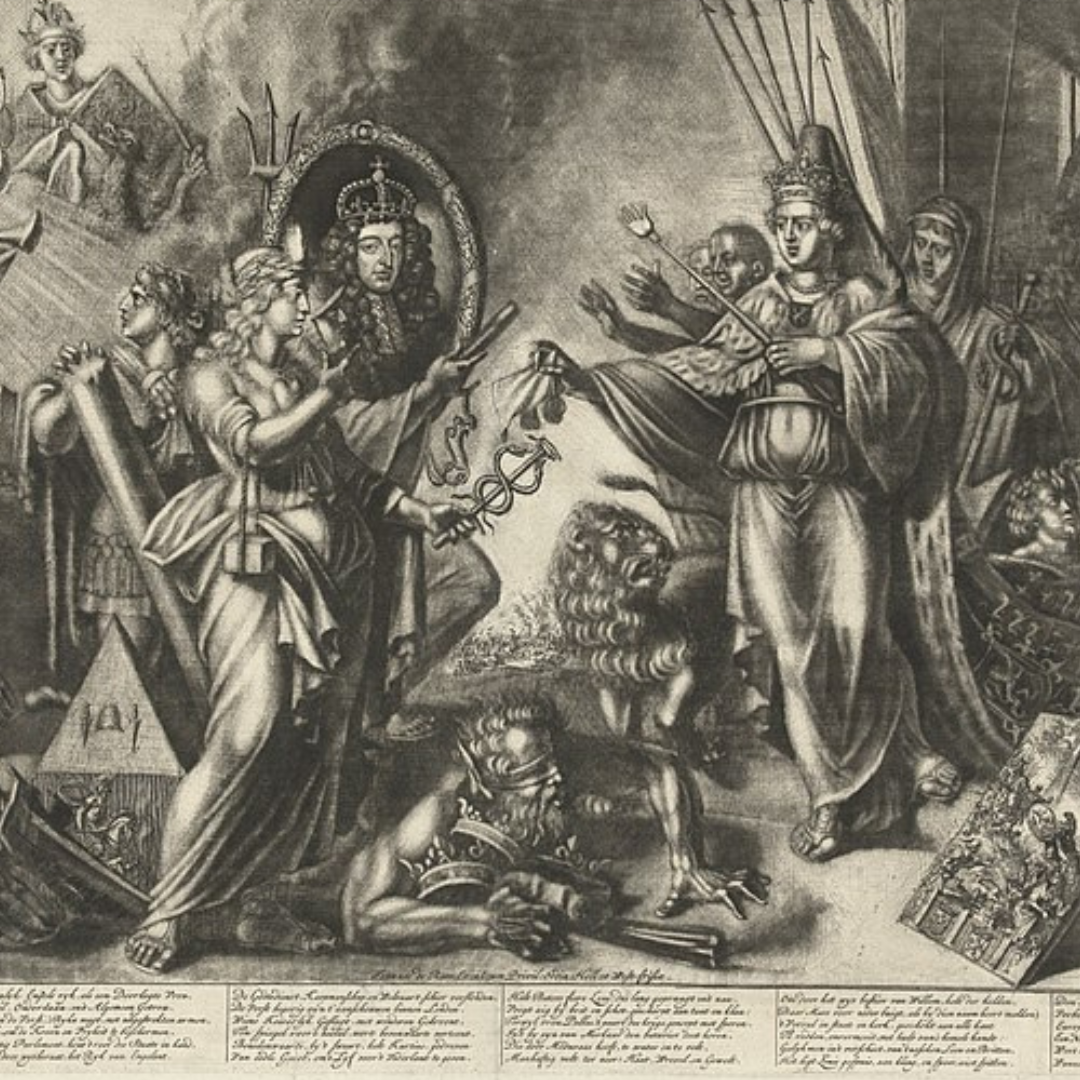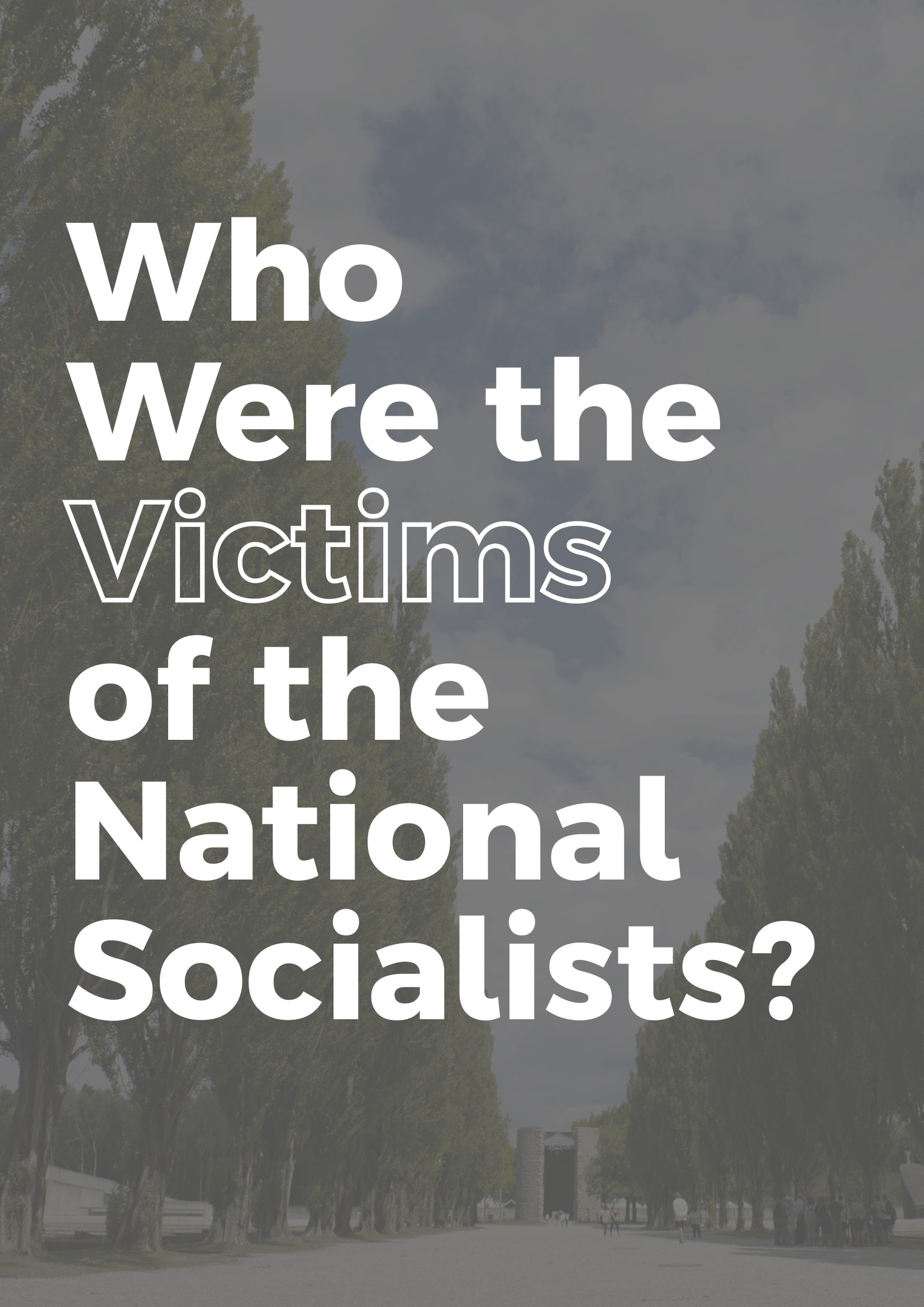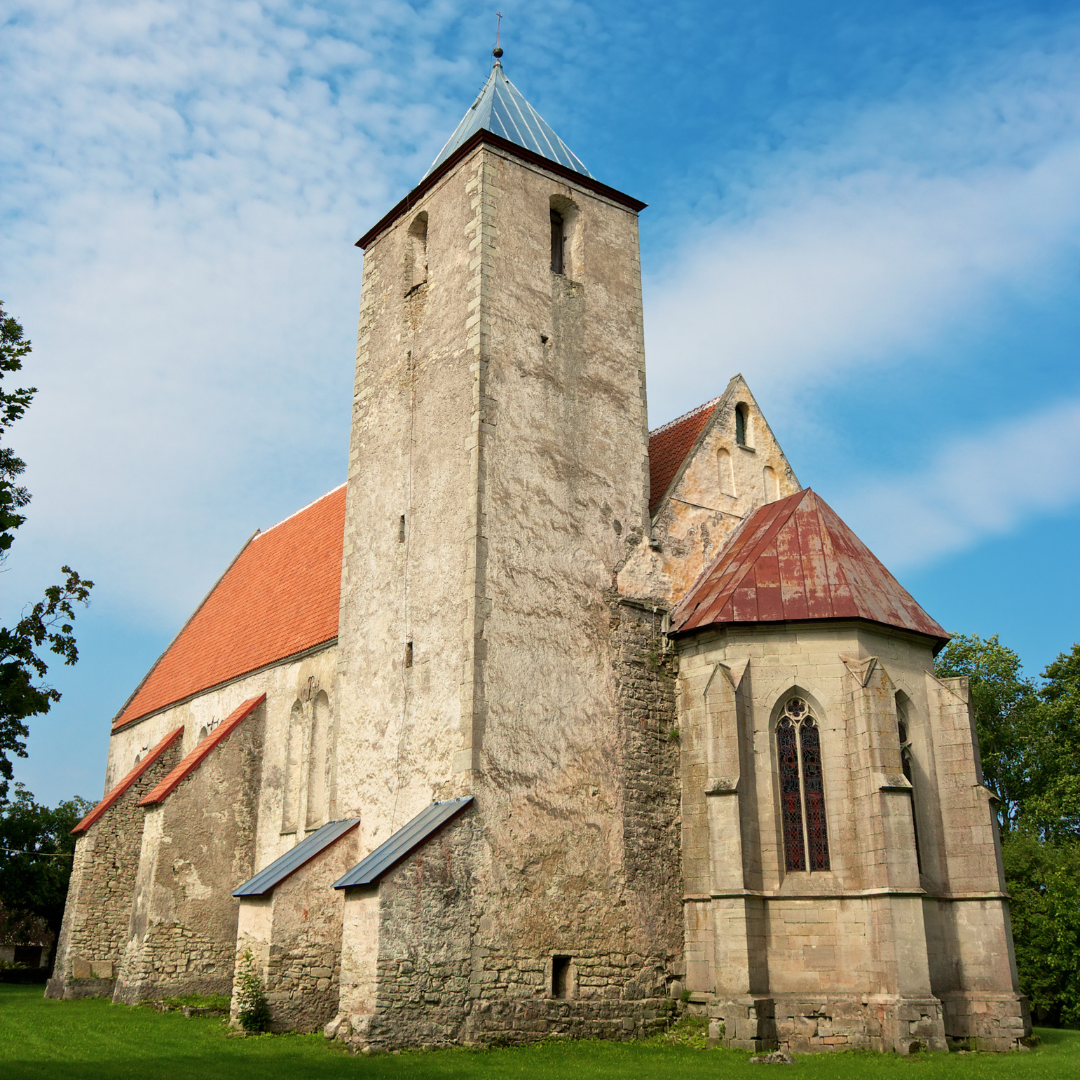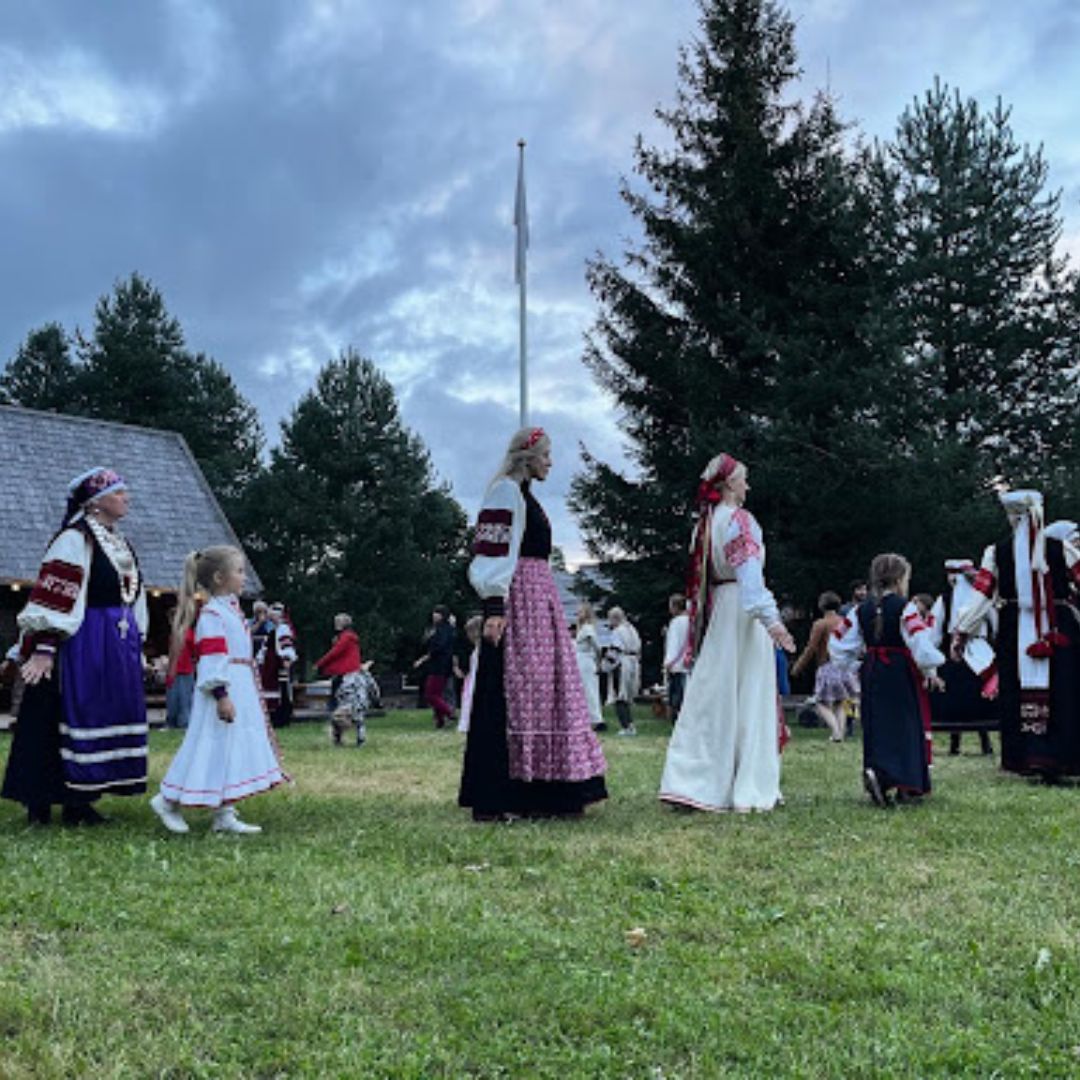This toolkit is designed to highlight what is being done on a world level to bring justice to victims. Its focus is on international law created by the mandate of the 1998 Rome Statute and embodied today in the workings of the International Criminal Court. The Court itself is the legacy of the trials at Nuremberg of 1946, which dealt specifically with the perpetrators of war crimes and mass murder during World War II, and came up with the framework which forms the foundation of the workings of international justice today. The authors’ goal is to make these often complicated issues and histories accessible to high school educators and, through them, to their students. This toolkit offers plans for a series of modules addressing such topics as justice, the legacy of the Nuremberg Trials, the use of evidence, the ICC, ongoing investigations and others. The writers have incorporated their experience of doing these modules at in-person seminars in The Hague, experience which has shown them what works most successfully with high school students.
Toolkit Authors: Carolyn McNanie, Tvrtko Pater, Harrie Wiersema, Tihana Magas, Barry van Driel, Vicky Tsirgoula





